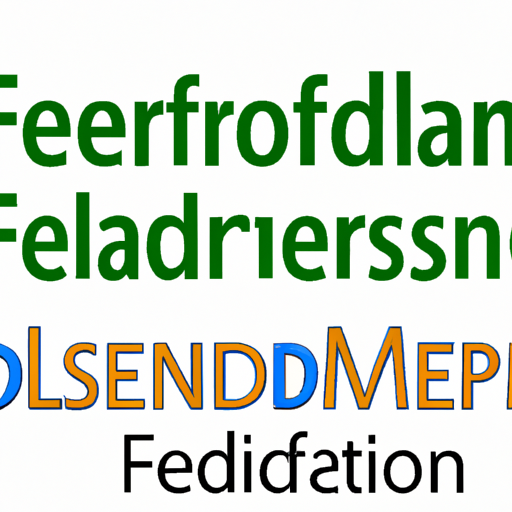In the rapidly evolving landscape of Artificial Intelligence (AI) and Machine Learning (ML), federated learning emerges as a groundbreaking approach that prioritizes data privacy while still harnessing the power of decentralized learning. This blog post delves into what federated learning is, how it works, and its implications for the future of AI.
What is Federated Learning?
Federated learning is a machine learning technique that allows models to be trained across multiple decentralized devices or servers without sharing the raw data. Instead of bringing the data to a central server, federated learning moves the model to the data, updating it locally and only sending the updated model parameters back to a central server. This method significantly enhances data security and user privacy.
How Does Federated Learning Work?
The federated learning process involves three main steps:
- Model Initialization: A global model is created and distributed to all participating devices.
- Local Training: Each device trains the model on its local data and computes updates without sharing the data itself.
- Aggregation: The model updates from each device are sent to a central server, where they’re aggregated to improve the global model.
This cycle can repeat multiple times, gradually improving the model’s accuracy while ensuring that sensitive data remains private.
Benefits of Federated Learning
- Enhanced Privacy: By keeping data localized and only sharing model updates, federated learning significantly reduces the risk of sensitive information leakage.
- Reduced Bandwidth Costs: Since only model parameters (which are smaller in size than raw data) are communicated, this approach is more bandwidth-efficient.
- Collaboration without Data Sharing: Organizations can collaborate on model training without compromising their data security or privacy policies.
- Improved Personalization: Local models can be tailored to individual users’ data, leading to better personalization in services.
Challenges of Federated Learning
Despite its advantages, federated learning does come with challenges:
- Data Distribution: The model performance can vary significantly depending on data heterogeneity across devices.
- System Security: Protecting the learning process from adversarial attacks is crucial.
- Intermittent Connectivity: Devices may not always have a stable internet connection, affecting the training process.
The Future of Federated Learning
As data privacy regulations become stricter and users demand more control over their personal information, federated learning will likely gain traction across various industries such as healthcare, finance, and mobile applications. Its ability to train strong AI models without compromising on privacy offers a promising solution for building trust in AI technologies.
Conclusion
Federated learning is revolutionizing the way we think about AI and data privacy. By enabling decentralized model training, it preserves user privacy and addresses the challenges posed by traditional AI systems. As the trend continues to grow, it’s essential for businesses and researchers to explore how federated learning can enhance their AI initiatives while respecting user data.
Stay tuned for more insights into AI and machine learning trends!





